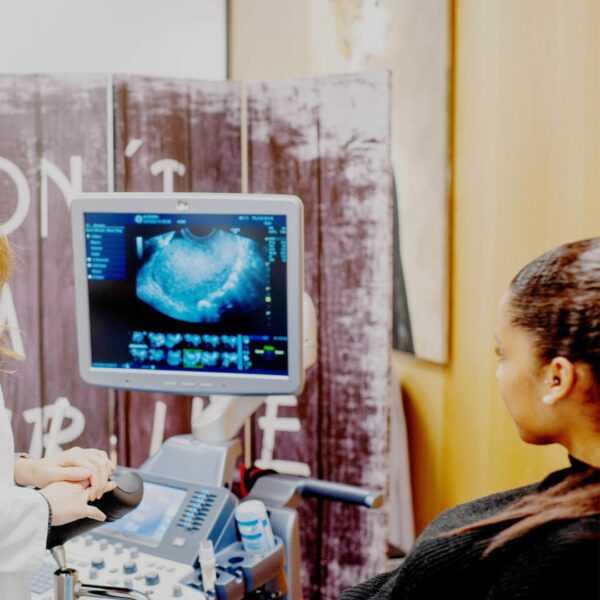Understanding Parathyroid Disorders
In this article, we take a look at parathyroid disorders and the symptoms to watch out for.
Read more


The gynaecologist is the primary point of contact for women, providing regular gynaecological care, including the first visit at the onset of sexual activity. They address various topics such as cervical screening (pap smear), painful periods, and menstrual disorders. They also provide contraception counselling, discussing options like the IUD, pill, and contraceptive implant. Gynaecologists are also there for couples considering medically assisted procreation (MAP) and guide and support them throughout the process.
Obstetrics, a branch of gynaecology, focuses on pregnancy, childbirth, and postnatal care. Obstetricians provide prenatal care, including consultations, monitoring fetal development through medical exams and ultrasounds, and offering advice on physiological and emotional changes during pregnancy. They also prepare women for childbirth and provide support in case of complications. After delivery, they provide comprehensive postnatal care.
Prescription of contraception.
Painful, irregular, or bleeding periods
Pelvic or breast pain
Genital infection
Menopause
Hormonal disorders
Pregnancy follow-up
Prenatal examinations and ultrasounds
Post-partum follow-up
Infertility
Obstetrical ultrasounds
INFORMATION: the gynaecologist interviews the patient to find out the reason for the consultation, allergies, personal, medical, and family history, professional and daily activities, and lifestyle.
PHYSICAL EXAMINATION: gynaecological examination, breast palpation, and endovaginal ultrasound to observe the internal genitalia. Depending on the patient’s age and clinical situation, cervical cancer screening (cervicovaginal smear, possibly combined with HPV testing) may be proposed.
DIAGNOSIS AND TREATMENT: The gynaecologist shares his diagnosis with the patient. He can prescribe a treatment or a contraceptive method, additional examinations (X-rays, analyses), he can also refer the patient to a specialist or therapist. A follow-up appointment may be scheduled.
Book an appointment

In this article, we take a look at parathyroid disorders and the symptoms to watch out for.
Read more

Contraception is an essential aspect of the reproductive health of women and couples. It helps to plan the number and spacing of pregnancies, thus providing control over their family life.
Read more

You have just learned of a happy event? Congratulations! But being pregnant abroad can be stressful! Dr Joy has put together the ultimate guide to pregnancy in Lisbon!
Read more